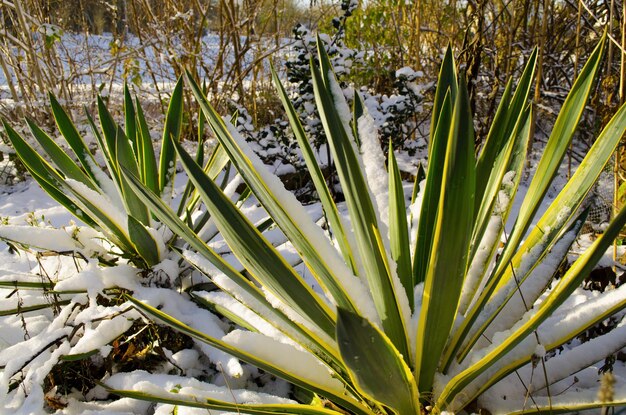Your Guide to Is Agave Good For Diabetics
What You Get:
Free Guide
Free, helpful information about Diabetes FAQ and related Is Agave Good For Diabetics topics.
Helpful Information
Get clear and easy-to-understand details about Is Agave Good For Diabetics topics and resources.
Personalized Offers
Answer a few optional questions to receive offers or information related to Diabetes FAQ. The survey is optional and not required to access your free guide.
Could Agave Be a Sweet Solution for Diabetics?
As those affected by diabetes constantly navigate the complex world of sugar alternatives, agave nectar often emerges as a frequent topic of discussion. But is this natural sweetener good for diabetics? If you, or someone you know, are contemplating switching to agave, here's what you should know.
What is Agave Nectar?
Agave nectar, commonly known as agave syrup, is derived from the agave plant, most famously used to produce tequila. This sweetener has become popular due to its ability to dissolve easily into drinks and its sweet, mild flavor. Many consider it a healthier alternative to refined sugar due to its natural origin.
The Glycemic Index: A Key Consideration
When it comes to sugar alternatives, the glycemic index (GI) is a critical factor for diabetics. Foods with a low GI are digested and absorbed more slowly, causing a gradual rise in blood glucose levels. Agave nectar boasts a low GI, generally ranging from 17 to 30, which appears beneficial at first glance. This means agave might not spike blood sugar levels as significantly as regular sugar.
The Fructose Factor
However, it's important to approach agave with caution due to its high fructose content—amounting to approximately 70-90%. While fructose doesn't cause an immediate rise in glucose, it is metabolized by the liver. Over time, extensive amounts of fructose can lead to insulin resistance, a significant concern for diabetics. Excessive fructose consumption is also linked to other health issues, such as fatty liver disease and increased triglyceride levels.
Balancing Benefits with Risks
Considering the low GI and high fructose content, agave nectar might offer some short-term benefits in terms of blood sugar management. However, its long-term use could pose health risks due to the metabolic challenges posed by fructose. As a result, moderation is key, and it's advisable for diabetics to consult with healthcare providers before integrating agave into their diets.
Exploring Other Sweetener Options
For those seeking alternatives to agave, several other sweeteners may be considered:
- Stevia: A plant-based sweetener with zero calories and a 0 GI.
- Erythritol: A sugar alcohol with a GI of 1, shown to have minimal impact on blood sugar.
- Monk Fruit: A natural sweetener with zero calories and no effect on blood glucose levels.
These alternatives may be more suitable for diabetics striving to manage their sugar levels effectively.
Financial and Educational Assistance for Diabetics
In tandem with dietary considerations, managing diabetes also involves financial aspects, from medical care to nutritional needs. Here are a few resources to support those living with diabetes:
📊 Healthcare Assistance Programs: Many regions offer government-subsidized programs to cover medical expenses related to diabetes management.
📚 Educational Grants and Scholarships: For students with diabetes, several organizations provide grants focusing on medical education or diabetes research.
💳 Debt Relief and Financial Counseling: Programs that offer services to manage medical debt and provide assistance for ongoing medical conditions.
💡 Non-profit Support Services: Various non-profits can guide both nutritional choices and financial planning for those living with diabetes.
Navigating the landscape of diabetes management involves a thorough assessment of dietary choices and financial resources. While agave might offer a sweet deception, understanding its complexities can lead to more informed decisions for your health and finances.
What You Get:
Free Diabetes FAQ Guide
Free, helpful information about Is Agave Good For Diabetics and related resources.

Helpful Information
Get clear, easy-to-understand details about Is Agave Good For Diabetics topics.

Optional Personalized Offers
Answer a few optional questions to see offers or information related to Diabetes FAQ. Participation is not required to get your free guide.


